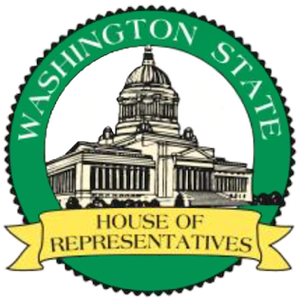The Washington State House Appropriations Committee (WA House APP) considers the operating budget bill and related legislation, budget processes, and fiscal issues such as pension policy and compensation. The committee also considers bills with operating budget fiscal impacts.
Executive Sessions
- HB 1668 - “Expanding regulatory authority over cannabinoids that may be impairing and providing for enhanced product safety and consumer information disclosure about marijuana products.”
- HB 1827 - “Creating the community reinvestment account and community reinvestment program.”
- HB 2022 - “Concerning social equity in the cannabis industry.”
